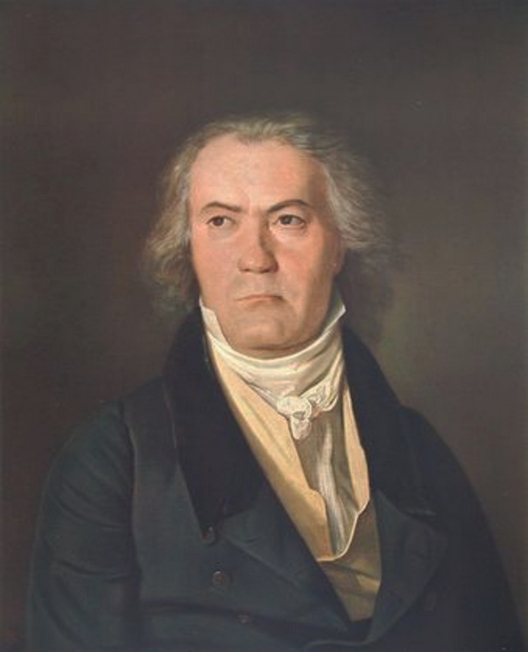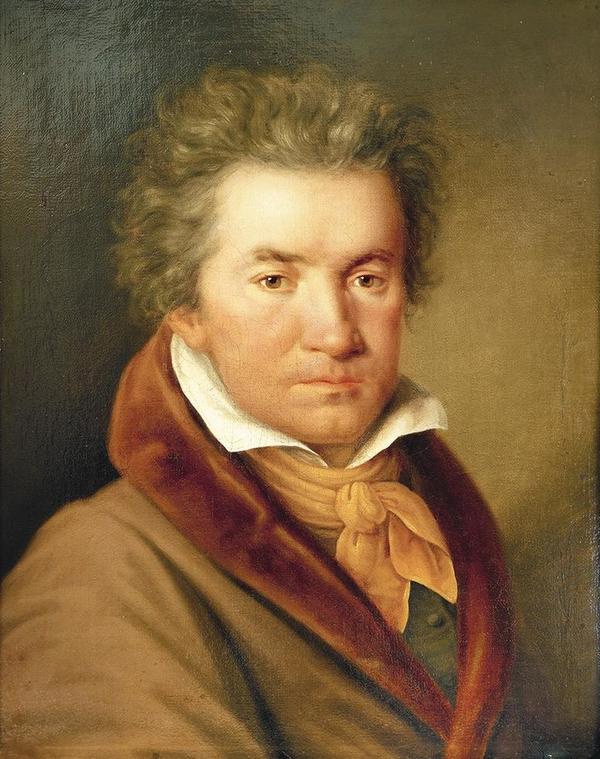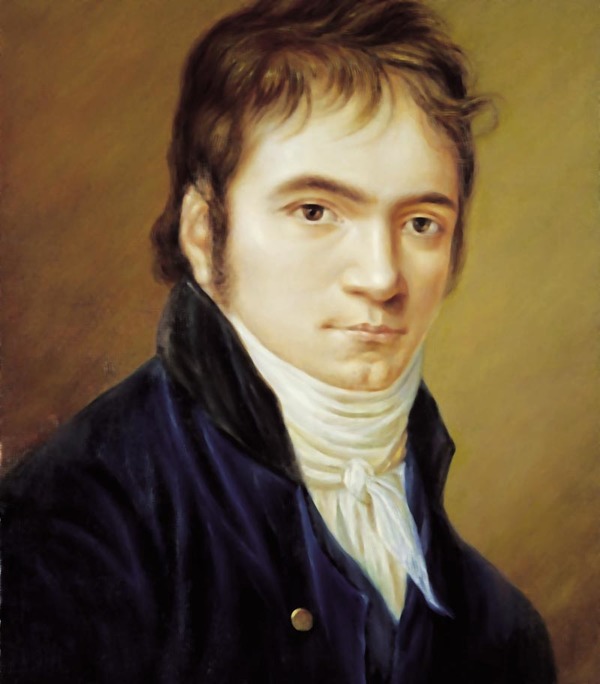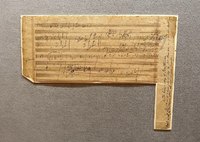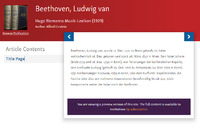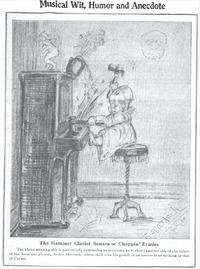Items 1 to 4 of 4
- Person
- Male
- IAML Collection
- 17 December 1770
- Bonn
- 26 March 1827
- Vienna
- German
- Composer
- Music
- German
- Lemma in RILM Music Encyclopedias
-
- Q255 ⟶ Q255
-
- 32182557 ⟶ Click Here
- No
-
-
Ludwig van Beethoven (/ˈlʊdvɪɡ væn ˈbeɪtoʊvən/ (
 listen); German: [ˈluːtvɪç fan ˈbeːtˌhoːfn̩] (
listen); German: [ˈluːtvɪç fan ˈbeːtˌhoːfn̩] ( listen); baptised 17 December 1770 – 26 March 1827) was a German composer and pianist whose music ranks amongst the most performed of the classical music repertoire; he remains one of the most admired composers in the history of Western music. His works span the transition from the classical period to the romantic era in classical music. His career has conventionally been divided into early, middle, and late periods. The "early" period, during which he forged his craft, is typically considered to have lasted until 1802. His "middle" period, sometimes characterized as "heroic", showed an individual development from the "classical" styles of Joseph Haydn and Wolfgang Amadeus Mozart, typically covers the years 1802 to 1812, during which he increasingly suffered from deafness. In the "late" period from 1812 to his death in 1827, he extended his innovations in musical form and expression.
listen); baptised 17 December 1770 – 26 March 1827) was a German composer and pianist whose music ranks amongst the most performed of the classical music repertoire; he remains one of the most admired composers in the history of Western music. His works span the transition from the classical period to the romantic era in classical music. His career has conventionally been divided into early, middle, and late periods. The "early" period, during which he forged his craft, is typically considered to have lasted until 1802. His "middle" period, sometimes characterized as "heroic", showed an individual development from the "classical" styles of Joseph Haydn and Wolfgang Amadeus Mozart, typically covers the years 1802 to 1812, during which he increasingly suffered from deafness. In the "late" period from 1812 to his death in 1827, he extended his innovations in musical form and expression.Born in Bonn, Beethoven's musical talent was obvious at an early age, and he was initially harshly and intensively taught by his father Johann van Beethoven. Beethoven was later taught by the composer and conductor Christian Gottlob Neefe, under whose tutelage he published his first work, a set of keyboard variations, in 1783. He found relief from a dysfunctional home life with the family of Helene von Breuning, whose children he loved, befriended, and taught piano. At age 21, he moved to Vienna, which subsequently became his base, and studied composition with Haydn. Beethoven then gained a reputation as a virtuoso pianist, and he was soon courted by Karl Alois, Prince Lichnowsky for compositions, which resulted in his three Opus 1 piano trios (the earliest works to which he accorded an opus number) in 1795.
⟶ Wikipedia
-



